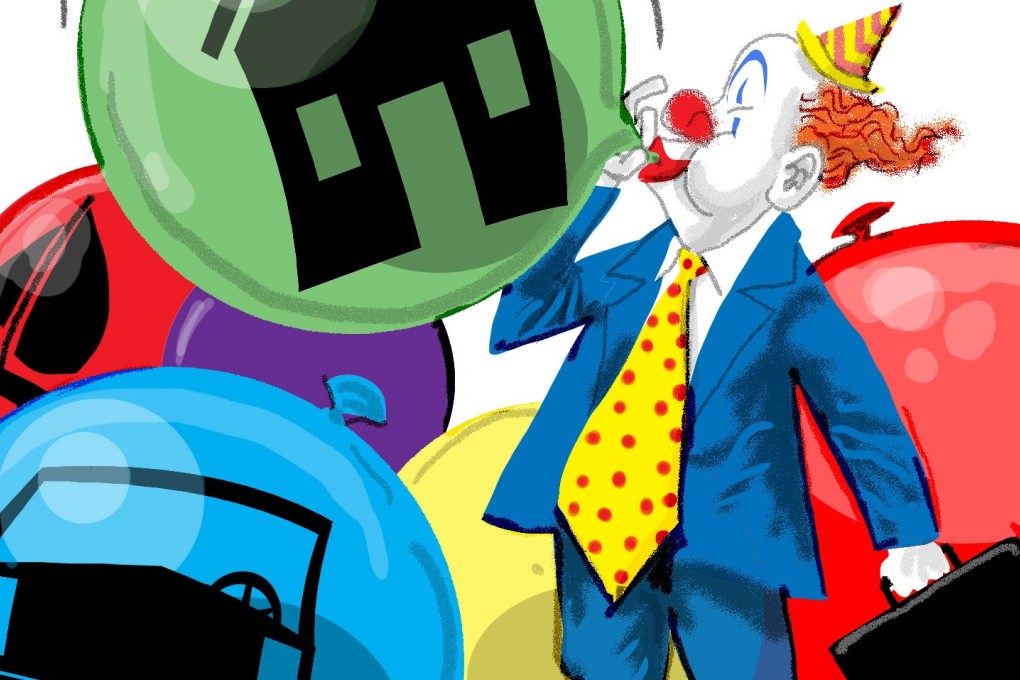The bubble economy is set to burst, and US elections may well be the trigger
Andy Xie says the failure of central banks to focus on asset inflation has led to rising inequality on the back of mistaken stimuli. More than interest rates, it will be political tensions in the West that will burst the bubble


Since the 2008 financial crisis, asset inflation has fully recovered, and then some. The US household net worth is 34 per cent above the peak in 2007, versus 30 per cent for nominal GDP. China’s property value may have surpassed the total in the rest of the world combined. The world is stuck in a vicious cycle of asset bubbles, low consumer inflation, stagnant productivity and low wage growth.
But, if recent history is any guide, when asset markets begin to tumble, they will reverse their actions and encourage debt binges again.
Recently, some central bankers have been puzzled by the breakdown of the Philipps Curve: that falling unemployment rates would lead to wage inflation first and consumer price inflation next. This shows how some of the most powerful people in the world operate on flimsy assumptions.
This inflation mystery clouds the central bankers’ meeting in Wyoming
Despite low unemployment and widespread labour shortages, wage increases and inflation in Japan have been around zero for a quarter of a century. Western central bankers assumed that the same wouldn’t happen to them without understanding the underlying reasons.